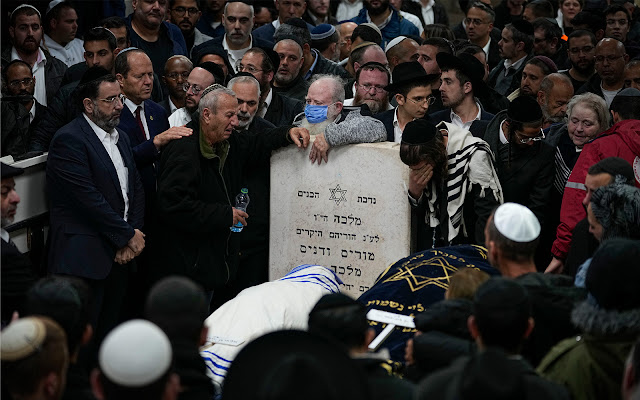Question: Please explain all this business about animal sacrifices in the Temple. Are you really planning to re-initiate this at some point?
Answer: Cain and Abel made vegetable and animal sacrifices. Noah made animal sacrifices. Abraham, Isaac and Jacob—all highly enlightened people—made animal sacrifices. And the Torah prescribes a whole slew of sacrifices to be made in the Tabernacle in the desert, and then later in the Holy Temple in Jerusalem. And guess what? In our prayers, for the past 2,000 years, we’ve been asking for G‑d to let us rebuild that Temple so that we can start doing those sacrifices, just like He asked us to. So there’s got to be something deep going on here, more than meets the eye.
Q: But the whole thing doesn’t make sense! Charity, prayer, study . . . all those I can understand. But why on earth would G‑d want us to burn animals on an altar?
A: Now, don’t get the idea that you’re the first one to have difficulty with this. It puzzled the students of Maimonides in the 12th century. It puzzled the students of the rabbis of the Talmud. In the Zohar it’s written that the secret of the sacrifices reaches to the secret of the infinite. It’s one of those things that if it doesn’t puzzle you, you just haven’t gotten the facts straight. I think we need to look at this from a very different perspective to make sense of it.
Q: It all looks like just a holdover from pagan rites.
A: It’s clear that there are some major distinctions between the sacrificial order of the Torah and your typical ancient-world pagan rites. For one thing, the rules and regulations were spelled out right there for all to read. In fact, every Jew has an obligation to study the details of the Temple rites. Even little children are supposed to learn everything those priests are to be doing. That’s a far cry from the cult of secrecy that empowered the priestly class of other nations.
There were some other major distinctions: The Temple was considered the property of the people, and daily communal sacrifices reinforced that fact. There were no male or female prostitutes wandering around the courtyards, no orgies or drunken revelry—or self-mutilation. The priests wore modest, standardized clothes, and were held accountable by a people’s court that sat right there at the edge of the Temple complex. Most of the meat was eaten—a lot less waste than what goes on at Safeway or Stop & Shop. And animals were slaughtered in a humane fashion. Definitely a sublime relief from ancient standards. All in all, it must have seemed a very strange place for the average Joe Ancient.
Q: But not to our standards today. If the whole point was to wean the people off sacrificial cultism, then it was good for then. But why should we be praying for it to return? Sure, it’s cool to have a central place for prayer and meditation, with the menorah, the incense, the tablets that Moses brought . . . but why the butcher shop?
A: The main act of a sacrifice was not the physical act of slaughtering an animal. You understand that the sacrificial service was principally a spiritual one.
Q: In what way?
A: Well, for one thing, when a person brought a sacrifice, his mental focus was crucial. If his mind was not focused on the correct meaning and intent of the sacrifice, the whole thing could be deemed useless, or worse.
Q: What sort of meanings?
A: Well, if it was being brought to atone for some inadvertent sin, he had to have in mind some remorse over what had happened. But it went far beyond that: The priests would focus their minds on the higher spiritual spheres, according to esoteric traditions. That explains why they had the Levites singing and the musicians playing. After all, if it was all just a grand barbecue, what need was there for inspirational music? Rather, it was a deep spiritual experience for all involved. You went away truly elevated.
Q: Okay, I can see the experiential quality of it all: an ancient temple with heavenly music and mystical song; priests in flowing robes deep in meditation; mesmerizing, choreographed ritual. It’s an image I hadn’t realized before.
A: Most people don’t.
From Chabad.org, here.

